EDITORIAL: The Problems with Clark County’s Internet Monitoring
CCSD’s GoGuardian Internet Filtration is Socially and Academically Problematic
GoGuardian restricts students from accessing websites that are used for educational purposes.
April 17, 2023
Roughly two months ago, a story from the Southwest Shadow referencing a particular social media company represented by a flat vector image of a blue bird (which shall not be named in this article for fear of censorship) was blocked by CCSD’s internet search filtration system, GoGuardian. Webpage access to the story remains completely restricted on all Chromebooks and devices linked to CCSD students’ email accounts and school-issued devices, due to a singular instance of a “banned word,” the company name of the aforementioned social media service.
This type of internet content filtration is a known problem for local students who struggle with the search limitations of their devices. Oftentimes, students need to research information that is relevant to their course material – with the current GoGuardian search restrictions, students are halted from accessing essential academic content. For example, many popular online algebra calculators and math discussion boards, such as MathPapa, are restricted for unknown reasons, even though the sites themselves do not contain inappropriate content.
Even for students who are indifferent with the current school device rules, it’s near-impossible to know what types of searches are not allowed by the district. Information about the specific content filtered by this system is not publicly available; the school district only offers vague reasons for the existence of the firewall, including “(Encouraging) safer practices and responsible browsing habits.” For students who rely on their school devices outside of the classroom, excessively constrained internet access is another giant hurdle heightening inequitable practices.
The reliance of lower-income students on district-issued computers equates to a significant drop in productivity. GoGuardian censoring massive amounts of information on the internet makes simple assignments exponentially more difficult than they would otherwise be. Imagine this: a student is attempting to search up explanations for a math homework assignment online, but is unable to access many reputable websites for help. Instead, he tries searching YouTube for a tutorial video, and though he eventually finds one, some parts of the explanation are unclear. He is unable to leave a comment or view other students’ comments for assistance on the video, so he is instead forced to walk to his local library to use their computers instead. This can turn a simple 15-minute assignment into a convoluted 2-hour undertaking.
The simple reality is that this is a common scenario thousands of students in the district face. Whether they are needed for virtually proctored tests or student webcams like we saw during COVID, computers are a necessity. With school-owned devices, district administrators certainly have a responsibility to limit students from accessing explicit adult content; however, there are already existing solutions like website domain classifications that can fix this problem. A preferable alternative to the outdated and unsophisticated “banned word” system GoGuardian makes on web pages would be to protect students by instead scanning domain classifications to determine what type of content that specific website is trying to host.
Another feasible alternative could be a more nuanced system that provides different levels of content restriction depending on the student’s grade level, or removes the bulk of restrictions entirely. The same filters placed on K-5 students are currently applied to high school students. It’s understandable to flag a first grader searching for information about guns; however, more controversial information such as firearm use statistics is often required for more mature research projects in higher education.
Students are already watched close enough by school administrators and security officers who have the authority to view all student activity on district devices. GoGuardian’s strict firewall system is an unnecessary addition to existing measures that further interfere with the legitimate academic concerns of students. The content quality of the Southwest Shadow has personally suffered these measures which act as a de-facto censor to our journalistic freedom.
Permitting the school district to weaponize censorship as a tool to restrict information is a dangerous precedent, but it’s a reality we are already living in today. The American Civil Liberties Union has already filed a suit against the district for censoring pro-LGBT content that was neither explicitly sexual in nature nor violent. Staci Pratt, a spokesperson from the ACLU had this to say:
“(The) First Amendment does not require the school district to provide students with Internet access, (but) once a school district does so, it may not selectively censor access to websites based on particular viewpoints.”
CCSD: it’s time to put this failed system to rest.

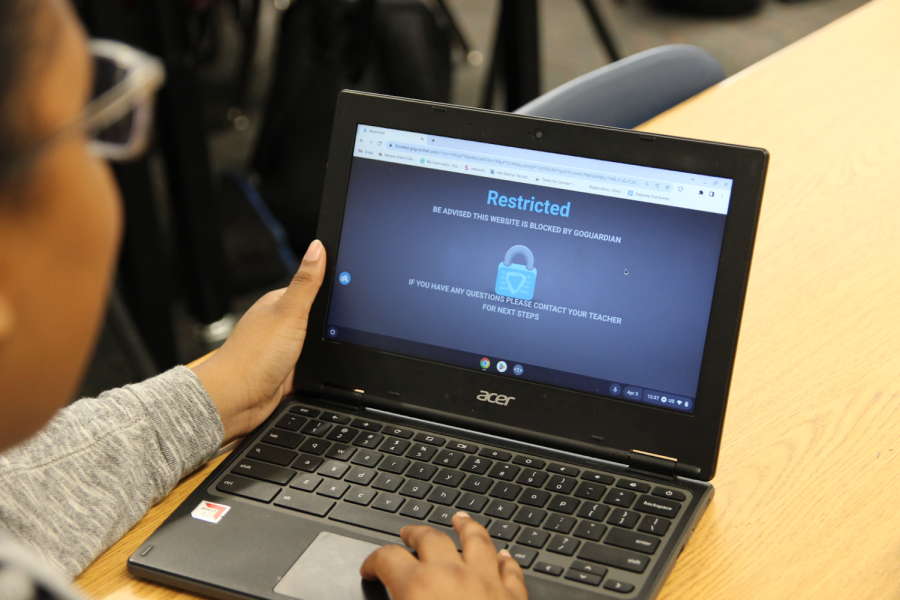
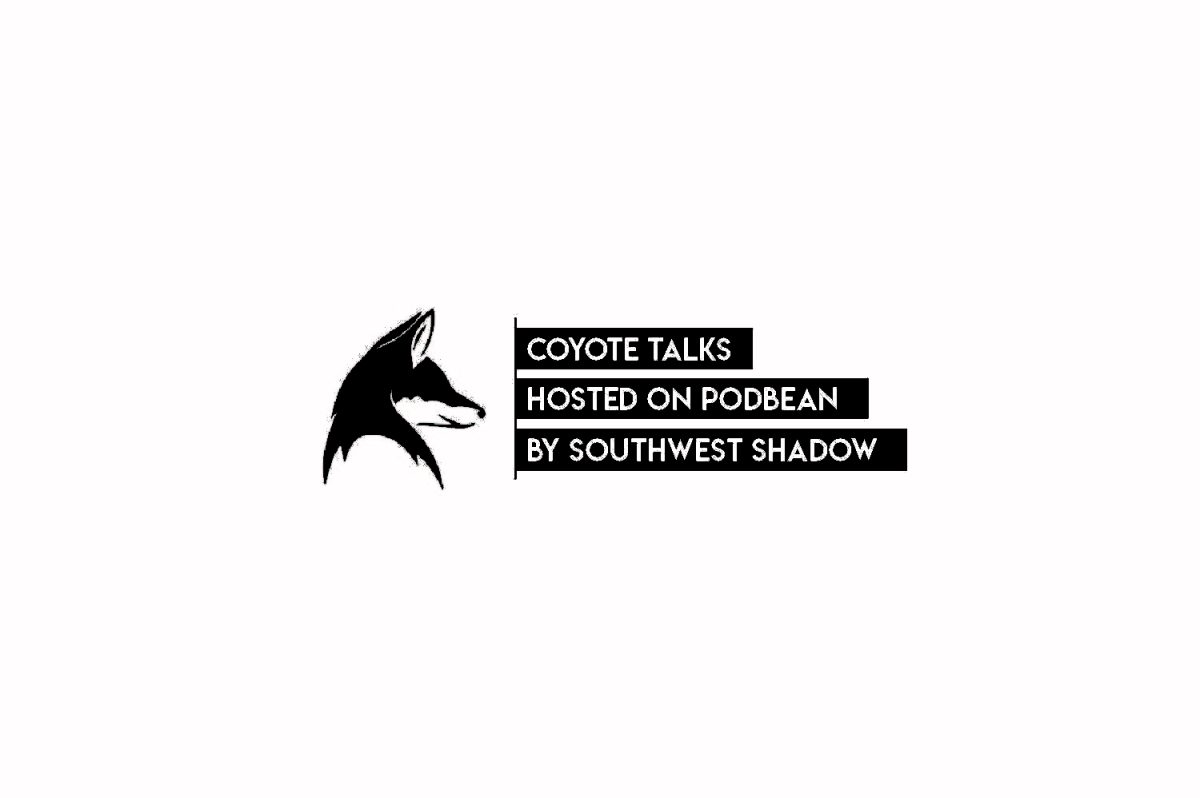
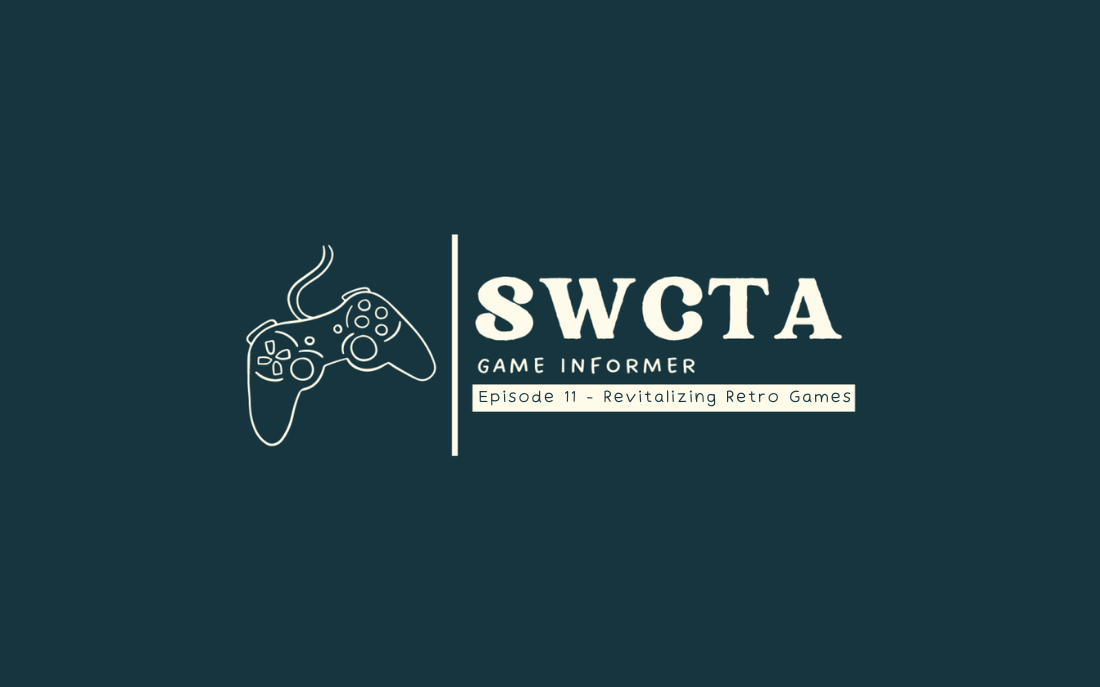
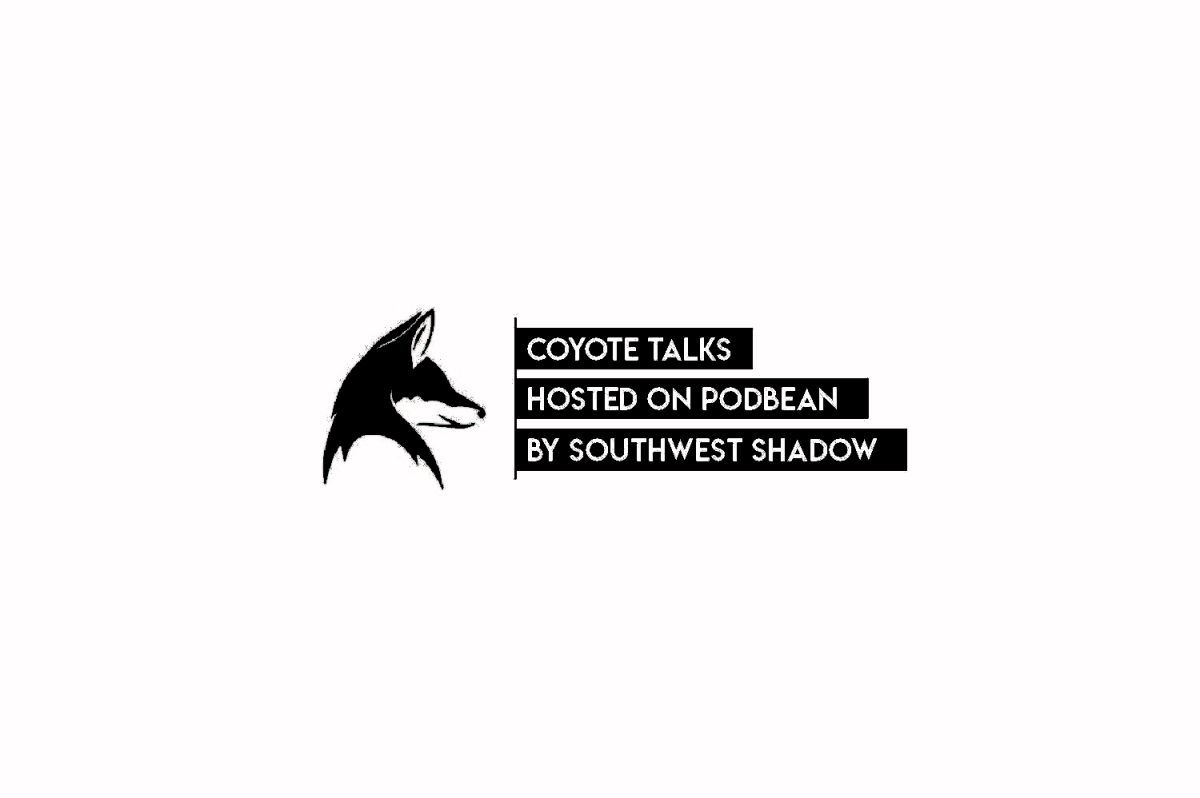


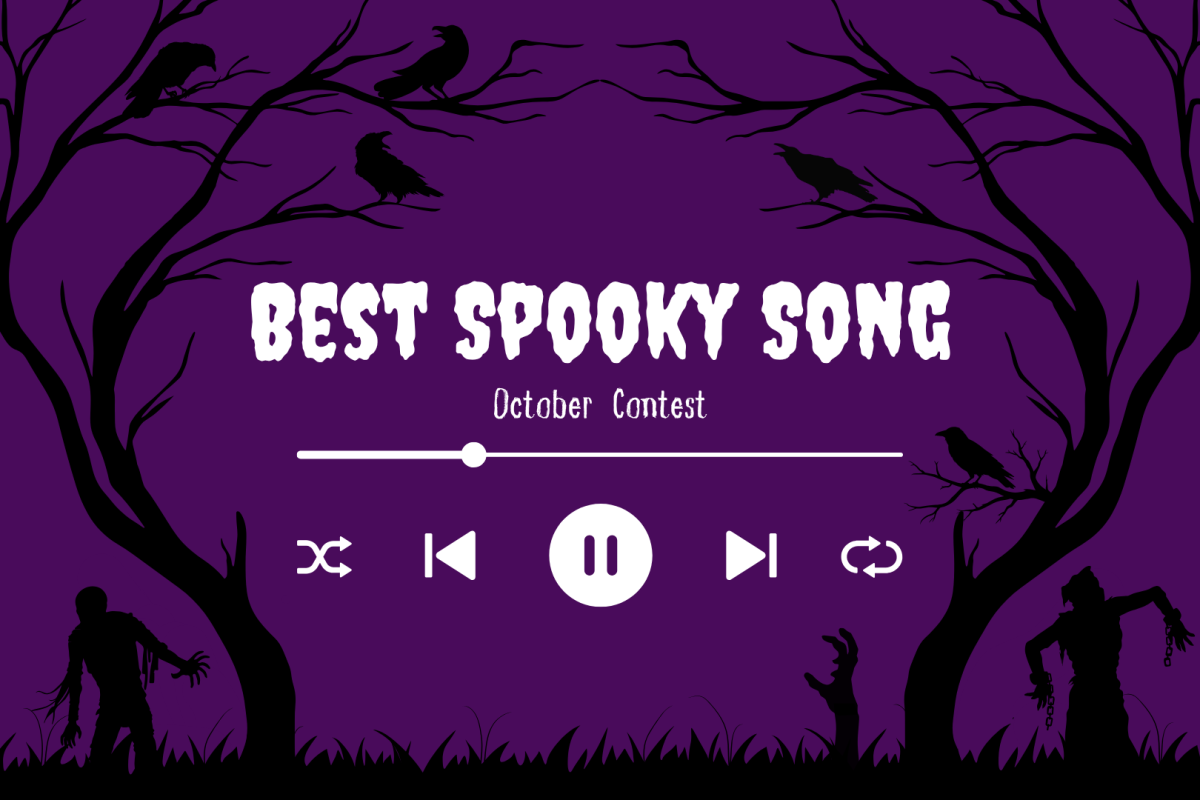


Anonymous Octo • Dec 4, 2023 at
Agreed. As a person who knows Chrome OS inside and out, they literally burned it into every hard drive.